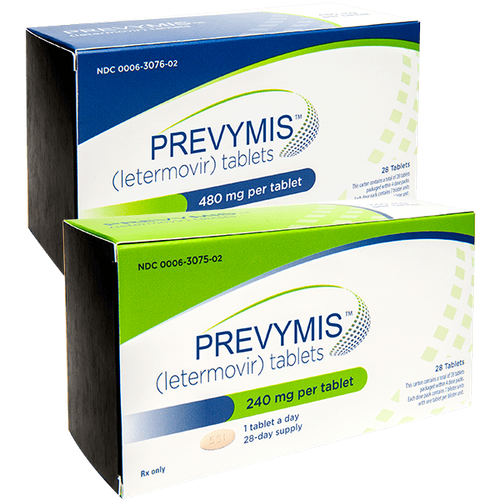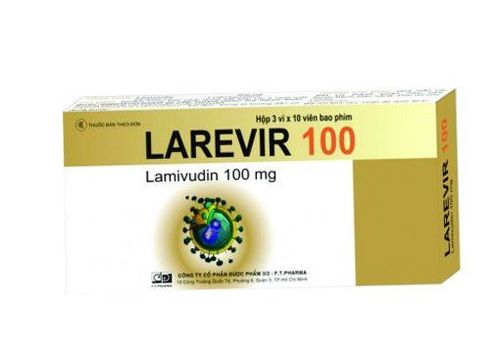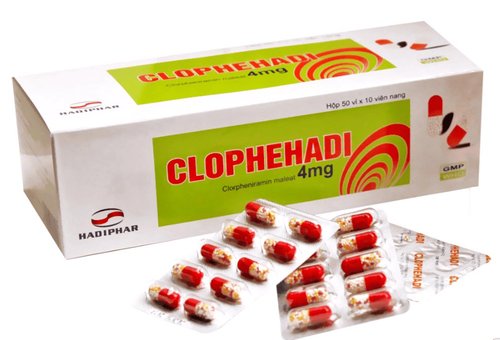This is an automatically translated article.
Cytovene (also known as Ganciclovir) is a medicine that prevents disease and some complications caused by the CMV virus. The drug is often prescribed in patients undergoing organ transplants, bone marrow transplants, and CMV retinitis to reduce the risk of spreading infection. This is not a cure for CMV completely.
1. What is Cytovene?
Cytovene is an antiviral medicine, used to prevent disease caused by Cytomegalovirus (CMV). This disease usually occurs in people who have had an organ or bone marrow transplant.
CMV disease can lead to a variety of serious infections in the body, including an infection of the eye, called CMV retinitis, which can cause blindness. Cytovene works by slowing the growth of the CMV virus, helping to control CMV retinitis and reducing the risk of blindness. The medicine also helps prevent the infection from spreading to other areas of the body.
However, it should be noted that Cytovene is not a cure for CMV. Some patients may have worse CMV retinitis even during treatment. Therefore, it is important that while taking this medication, you should maintain regular eye exams.
MORE: What is cytomegalovirus (CMV)? Signs of infection
2. How to use Cytovene
People usually infuse Cytovene intravenously within 1 hour. Do not speed up the infusion rate because there may be an increased risk of side effects. When starting treatment, Cytovene is usually given every 12 hours for the first few weeks. Then gradually reduce to once daily or 5-7 times/week thereafter, or as directed by your doctor.
Drink plenty of fluids while using this medicine, unless advised to by your doctor.
In the case of self-infusion at home, note the following:
Inspect the suspension carefully for particles or discoloration. If yes, do not use above liquid. Gloves should be worn when handling the drug, avoiding direct contact with liquids (whether through the skin, mouth, nose, eyes...). If accidental contact occurs, wash exposed area thoroughly with soap and water. If eye drops, rinse thoroughly with plain water. Learn how to safely dispose of needles and medical supplies after use. The dose and duration of treatment depend on the patient's weight, medical condition, and response to treatment.
Cytovene works best when the amount of medicine in the body is maintained at an even level. Therefore, take this medication at evenly spaced times, exactly as directed by your doctor. Do not skip any doses or stop using them even for a short time, unless your doctor tells you to. Skipping or stopping treatment without your doctor's approval can make the infection worse.
Tell your doctor if your condition worsens (such as poor vision).

Nên uống nhiều nước khi đang sử dụng thuốc Cytovene
3. Cytovene side effects
Some of the side effects of Cytovene can be:
Diarrhea. Stomachache. Dizzy . Sleepy. Trembling, unsteady standing. Pain, redness, irritation at the injection site. Tell your doctor if you have any serious side effects such as:
Signs of kidney problems (such as a change in the amount of urine). Convulsions . Mood changes (such as confusion, anxiety, hallucinations).
4. Measures to prevent side effects of Cytovene
Before taking Ganciclovir, tell your doctor if you are allergic to the drug or Valganciclovir or Acyclovir, or have any other allergic conditions; Before using the drug, the patient should tell the doctor about their medical history, especially problems such as: kidney problems, low blood cell counts (red blood cells, white blood cells or platelets) , radiation treatment. Cytovene can make users dizzy, drowsy, or have trouble thinking clearly. So don't drive, use machines, or do anything that requires alertness until you are sure you can do it safely. To prevent the spread of infection, wash your hands well and avoid contact with people who have infections that can be spread to others (such as chickenpox, measles, flu). During treatment, vaccinations should not be given without the consent of the doctor. Avoid contact with people who have recently received a live vaccine (such as a nasal flu vaccine). Older adults may be at greater risk of kidney problems while taking this medicine. If you are pregnant or planning to become pregnant, you should not take Cytovene to avoid adverse effects on the fetus. Health professionals recommend that women use reliable birth control methods while taking this medicine and for 30 days after stopping treatment (90 days for men). If you become pregnant, talk to your doctor about the risks and benefits of taking the medication. It is not known whether Cytovene passes into breast milk, so breast-feeding while taking the drug is not recommended. Please consult your doctor before breast-feeding. Medical tests (such as blood tests, kidney tests, eye exams) should be done regularly to monitor the effectiveness of the medication or check for side effects.
5. Drug interactions
Some drugs that can interact with Ganciclovir include: Didanosine, Imipenem, Cilastatin.Ganciclovir is quite similar to Valganciclovir. Therefore, drugs containing Valganciclovir should not be used while using Ganciclovir. You may be taking medicines that decrease bone marrow function and reduce blood cell counts (such as Trimethoprim, Sulfamethoxazole, Zidovudine, cancer chemotherapy). cancer) or other medicines that can cause kidney problems (such as Cyclosporin). You should follow up with your doctor and adjust your prescription to reduce the risk of serious side effects.Patients need to use Cytovene exactly as prescribed by the doctor to prevent disease and some complications caused by VMC virus... At the same time, when there are abnormal symptoms suspected as side effects of the drug, they should report it. immediately to the doctor for prompt treatment.
Please dial HOTLINE for more information or register for an appointment HERE. Download MyVinmec app to make appointments faster and to manage your bookings easily.
Reference source: webmd.com













